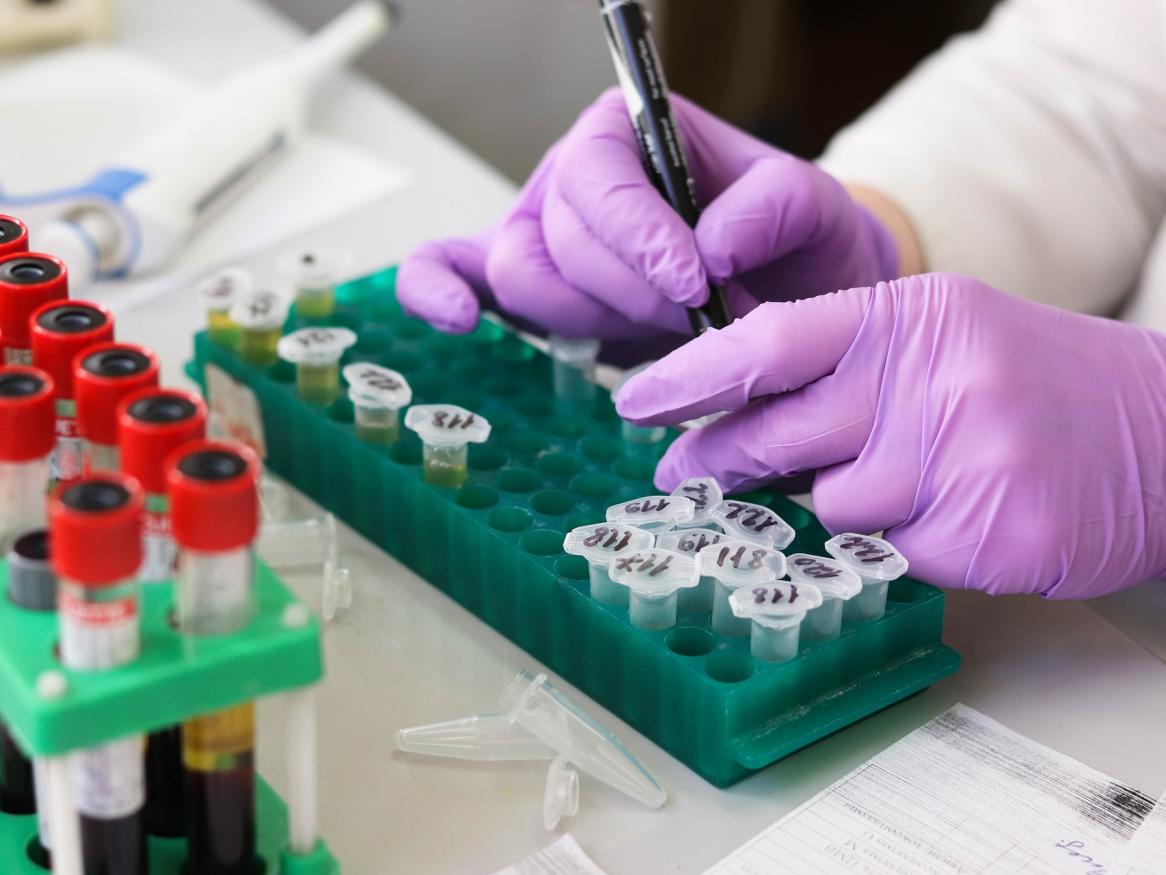Latest news
Search news stories
Enter a keyword to search news.
Showcasing the creativity of our future workforce

A team of University of Adelaide students has produced a new festival, which fuses technology and art, for South Australia.
[Read more about Showcasing the creativity of our future workforce]
Slow vaccine roll-out could deepen economic scars

While South Australia’s economy is recovering strongly, the slow vaccine roll-out is a significant threat to the nation’s ongoing ability to weather the long-term effects of the pandemic. Some sectors of the economy will be scarred by the effects of prolonged border closures.
[Read more about Slow vaccine roll-out could deepen economic scars]
Stopping illegal trade of Aussie lizards

Australian reptiles face serious conservation threats from illegal poaching fueled by international demand and the exotic pet trade.
New training centre focuses on optimising mining

A new training centre will deliver the next generation of scientists and engineers in sensors, data analytics and artificial intelligence to increase value in the mining and processing of complex resources.
[Read more about New training centre focuses on optimising mining]
Experts refute River Murray estuary claims

A team of scientists, led by the University of Adelaide’s Associate Professor John Tibby, has confirmed that the lower River Murray was not an estuary in the mid-Holocene period (more than 7000 years ago) – reinforcing scientific evidence likely to influence important river management policy decisions.
[Read more about Experts refute River Murray estuary claims]
Optical imaging and battery technology focus for Laureates

Two University of Adelaide scientists have been awarded prestigious Australian Laureate Fellowships by the Australian Research Council. Professor Kishan Dholakia will undertake research into wide-field optical imaging and Professor Zaiping Guo will work on pushing the boundaries of battery technology.
[Read more about Optical imaging and battery technology focus for Laureates]
Slowing the sugar rush to yield better grapes

One of the many challenges for grape growers posed by climate change is the accelerated rate at which grapes ripen in warmer climates, which can result in poor colour and aroma development.
[Read more about Slowing the sugar rush to yield better grapes]
National research centre signals cleaner future for heavy industry

Australia’s leading companies in the heavy industrial sector will embark on a program that will enable a step-change in the rate at which they transition toward zero net-carbon emissions through the Heavy Industry Low-carbon Transition Cooperative Research Centre (HILT CRC).
[Read more about National research centre signals cleaner future for heavy industry]
Success for Adelaide-led medical research

The University of Adelaide has been awarded more than $8.8 million in research grants from the Federal Government’s Medical Research Future Fund’s (MRFF) to support targeted research on new ways to address risk factors for chronic and complex diseases.
First detection of a collision between a neutron star and a black hole

A team of international scientists including experts from the University of Adelaide has revealed an entirely new phenomenon in the Universe. They have detected the death spiral and merger of the two of the most extreme objects in the Universe, a neutron star and a black hole.
[Read more about First detection of a collision between a neutron star and a black hole]
